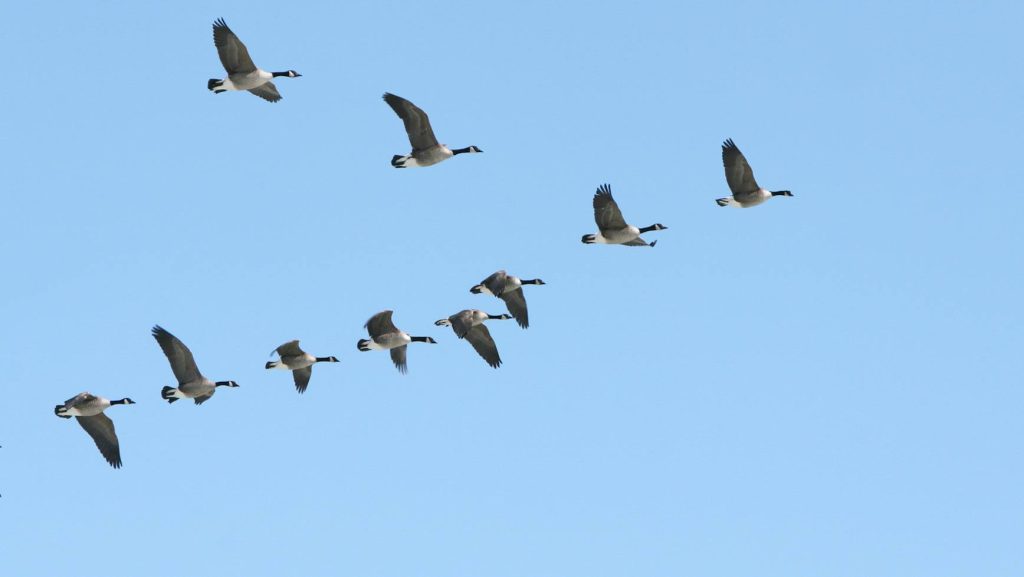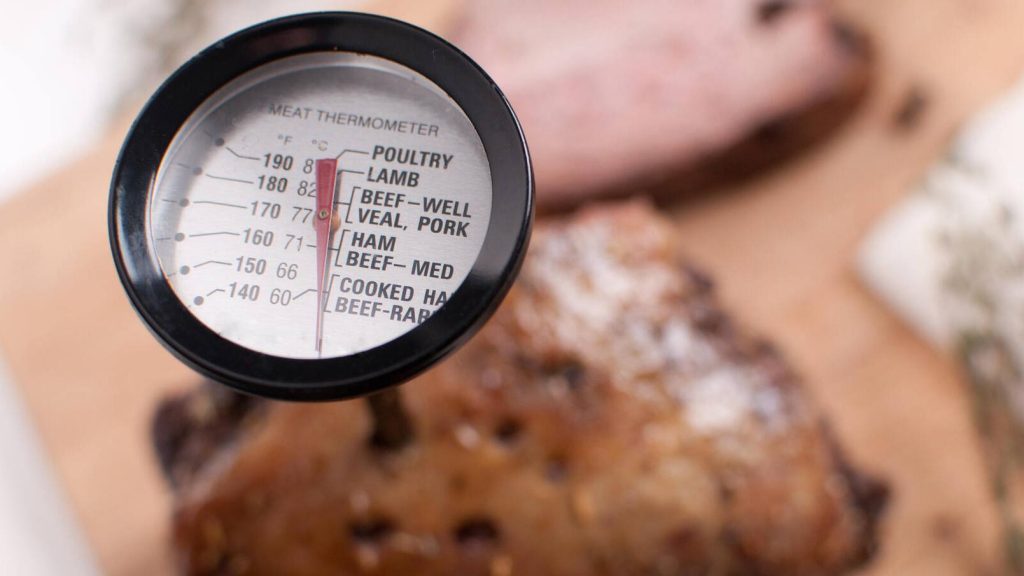-
Monitoring the H5N1 avian influenza, bird flu, outbreak

The Centers for Disease Control and Prevention (CDC) continues to actively monitor the ongoing outbreak of H5N1 avian influenza, also known as bird flu, and says that the public health risk remains low.
Dr. Matthew Binnicker, director of the Clinical Virology Laboratory at Mayo Clinic, says scientists and public health officials have known about avian influenza for decades.
"What's different today is that since 2020, we're seeing the largest outbreak of avian influenza among wild birds, poultry and backyard bird flocks," he says.
"The virus has also been found in certain mammalian species, most recently in dairy cattle, which is a little bit unprecedented and unique. And every time we see the virus go from birds into mammals, we worry about the virus adapting closer and closer to being able to infect and be transmitted efficiently between humans," Dr. Binnicker says.
Bird flu has been detected in the milk of dairy cattle, raising concerns for potential transmission to humans. The Food and Drug Administration found no traces of live virus in dairy products available to the public.
"The good news is that the pasteurization process used in the United States and many countries inactivates avian influenza. The milk that we drink, if it's been pasteurized, is safe. Any animal products, such as eggs, beef or chicken, that you would cook to the recommended internal temperature renders that product safe to eat," says Dr. Binnicker.
Watch: Dr. Matthew Binnicker discusses avian influenza
Journalists: Broadcast-quality sound bites are available in the downloads at the bottom of the posts. Name super/CG: Matthew Binnicker, Ph.D./Laboratory Medicine and Pathology/Mayo Clinic
Food preparation tips
There are steps people can take to ensure their food remains safe from any viral or bacterial pathogen.
"As with any potential infectious disease associated with food, cooking to the recommended internal temperature that the CDC lists on their website is really important. And if you do that, you inactivate viruses like influenza, you inactivate bacteria and parasites that could cause a human infection," says Dr. Binnicker.

The CDC recommends using a food thermometer to ensure foods are cooked to a safe minimum internal temperature.
- Beef, bison, veal, lamb steaks, roasts, chops 145 F
- Ground meat and sausage 160 F
- Poultry 165 F
Always wash your hands with soap and water, and disinfect cooking surfaces when handling raw or uncooked meat and poultry.
Precautions around birds
Dr. Binnicker says millions of birds have been infected with avian influenza, and the risk to humans remains low because the virus hasn't adapted to humans at this time. He recommends precautions for those who spend time outdoors or work with birds.
"If you're interacting with birds, either through a backyard bird flock or a poultry farm, and there are birds that are either sick or have died, you need to wear an N95 mask. You need to wear eye protection and gloves," says Dr. Binnicker. "Most importantly, you need to contact your state or local public health officials so that they're aware of what's going on in your poultry facility or backyard bird flock."
Testing for avian influenza
The bird flu doesn't normally don't infect people, but some rare cases have happened. Infection can range from no symptoms to mild illness (like pink eye) to very serious and even deadly, according to the CDC.
"If you come down with symptoms, especially after interacting with a sick or dead bird, get tested for influenza and let your doctor and local public health officials know," he says. "The good news is that influenza tests that we currently use for human strains of influenza should be positive if an individual is infected with avian influenza. The current tests just won't tell us specifically that an individual has avian influenza."
The CDC is working with diagnostic test manufacturers and clinical laboratories to develop tests to specifically determine if it's avian flu. Dr. Binnicker says those tools should be available in the months ahead.







